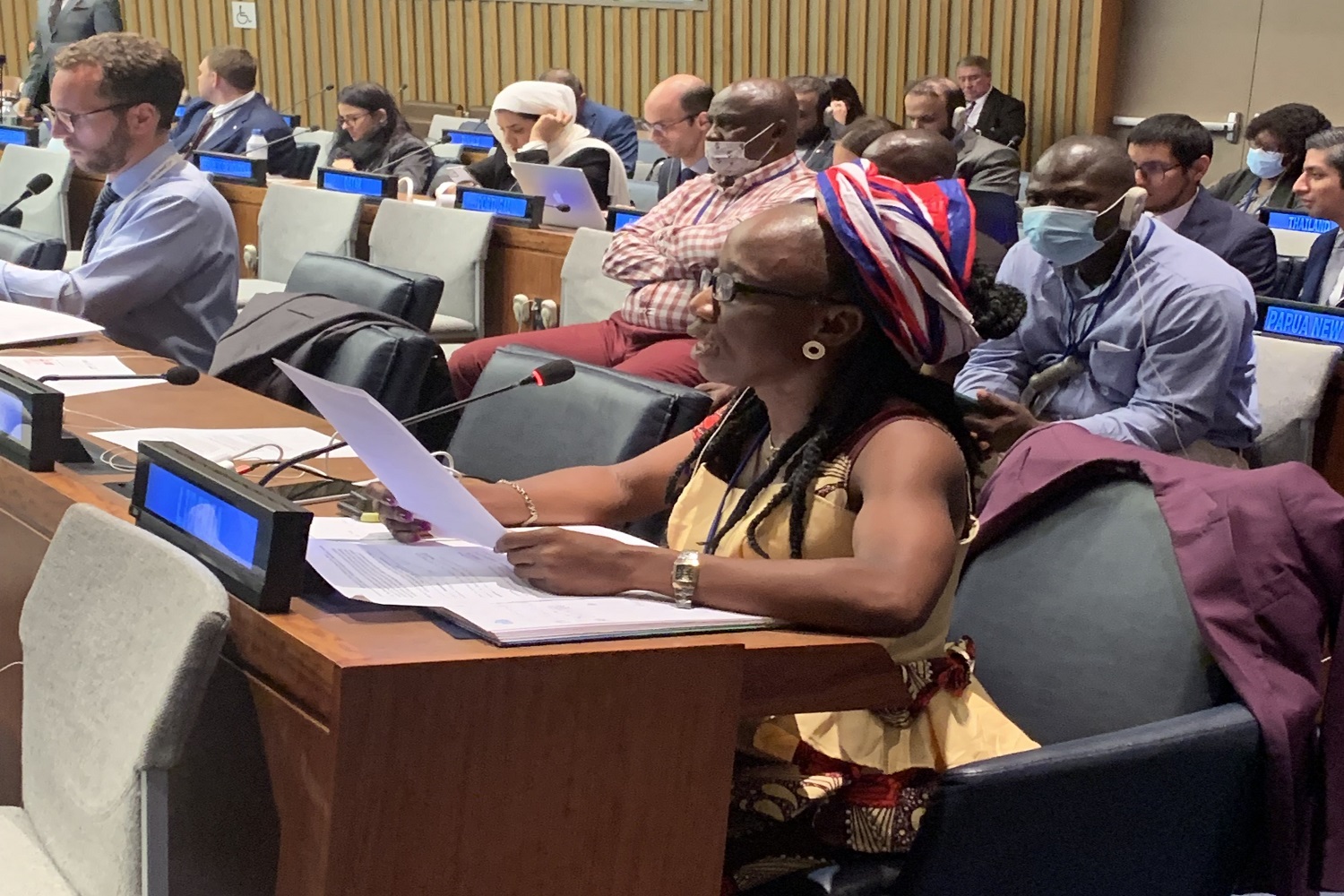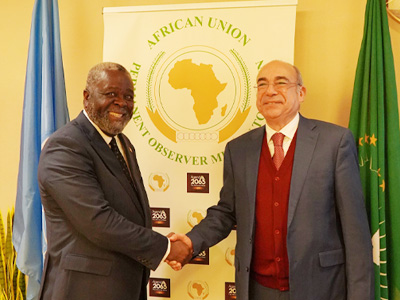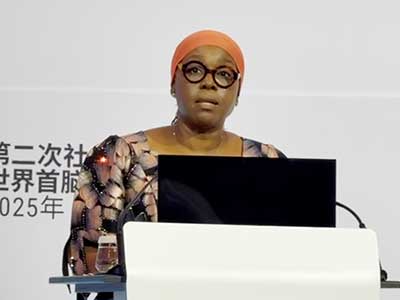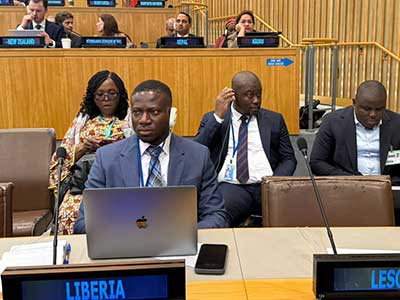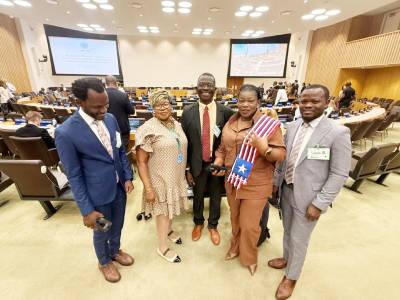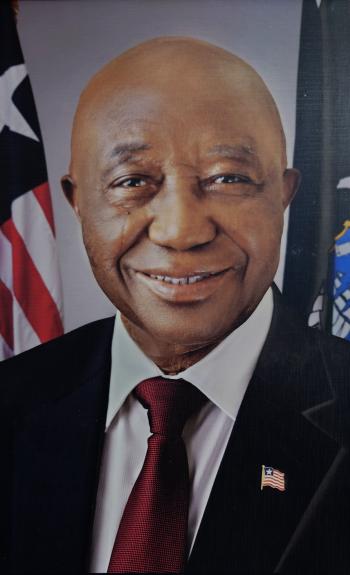Thank you Chair,
Excellencies, colleagues,
I bring you greetings from His Excellency, Ambassador Dr. George Manneh Weah, President of the Republic of Liberia, and from the Community of Persons with Disabilities in Liberia. We are glad that we can once again meet in person.
Mr. Chair,
The theme of this session is critical to ensuring an inclusive society where Persons with Disabilities can significantly contribute at all levels and maximize their potential. It is no secret that persons with disabilities are disproportionally affected by humanitarian crises, and the COVID 19 pandemic is no exception. The pandemic exposed the vulnerability of persons with disabilities and entrenched discrimination and inequalities, they face.
As we recover from the pandemic and strive to build back better, we must all increase our efforts to identify and address the inequalities that people with disabilities continue to face, and empower them to play a meaningful role in society.
To this end, I am pleased to report that the Government of Liberia has developed targeted policies and programs in this regard.
In 2005, prior to the adoption of the CRPD, the National Commission on Disabilities (NCD) was established by law as an Autonomous Body charged with oversight responsibilities for the community of persons living with disabilities in Liberia. The Government of Liberia continues to support the Commission’s work budgetarily, moving from an annual allotment of $75,000 dollars to $629,000 dollars, this year.
We have developed a National Strategic Disability Roadmap, with focus on
- Work and employment,
- Education
- Agriculture and food security
- Representation and decision making,
- Health Mobility and Assistive Technology
- Accessibility,
- Sports and Recreation
- and Access to Justice.
This roadmap is complementing the National Action Plan for the Inclusion of Persons with Disabilities in Liberia (2018-2022), which is in its final year of implementation. We’ve made some progress in implementing this plan, and with support from the United Nations Development Program and UNESCO, we are currently reviewing it to identify gaps and ensure that both plans align.
Also, with budgetary support from the Government of Liberia, the National Commission on Disabilities (NCD) has allocated four hundred thousand dollars ($400,000) to economically empower persons living with disabilities, especially those neglected by family and found on street corners begging to survive. In 2021, we also provided financial support to 60 OPWDs and Persons with Disabilities for Livelihood and sustainability.
Mr. Chair,
On climate change, we recognize the disproportionate effect it has on persons living with disabilities, especially on their livelihoods. Hence, we believe that they should be a part of planning and decision making to address issues of climate change. We working with the Environmental Protection Agency and other partners, creating awareness in this regard. In April this year, the community of people living with disabilities was represented at a government consultation on climate change and provided their perspectives on the issue.
We’ve made progress, but there is still more to do. Hence, Liberia is seeking for financial and technical support in the following areas;
- Conduct of a national survey to gather aggregated data for economic and social empowerment of PWDs,
- Creation of a National Registry for Persons with Disabilities as the Commission in collaboration with the National Identification Registry,
- And Development of a National Sign Language program
Thank you.

